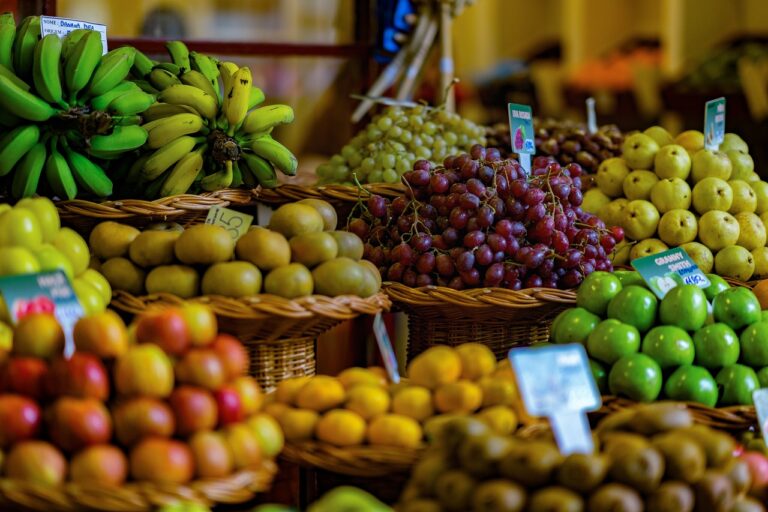The Role of Food Cooperatives in Building Resilient Communities
Food cooperatives, also known as co-ops, have a rich history dating back to the 19th century. Emerging as a response to the industrialization and changing economic landscape, food cooperatives were formed by groups of individuals coming together to collectively purchase food and household goods at fair prices. These early cooperatives aimed to provide access to affordable, quality products while promoting principles of cooperation, democratic decision-making, and shared ownership among members.
Over time, the cooperative model evolved and spread across the globe, taking on various forms and structures to meet the unique needs of different communities. In the United States, food cooperatives gained momentum during the countercultural movements of the 1960s and 1970s, with a focus on organic, local, and sustainable foods. Today, food cooperatives continue to thrive as vibrant hubs of community engagement, where members play an active role in shaping the food system and promoting values of sustainability, social responsibility, and equity.
How Food Cooperatives Support Local Farmers
Food cooperatives play a crucial role in supporting local farmers by providing them with a direct market for their produce. By partnering with these cooperatives, farmers can bypass the conventional distribution channels and sell their products directly to consumers. This direct connection helps farmers receive fair compensation for their hard work and dedication.
Additionally, food cooperatives often prioritize sourcing products from local farmers, thereby promoting sustainable agricultural practices and reducing the environmental impact of long-distance transportation. By supporting local farmers, these cooperatives contribute to the economic vitality of rural communities and help build a more resilient food system.
The Impact of Food Cooperatives on Food Security
Food cooperatives play a crucial role in enhancing food security within communities by providing access to fresh, locally sourced produce. By sourcing products directly from local farmers, food cooperatives reduce the reliance on large-scale industrial agriculture systems and promote sustainable farming practices. This direct connection between farmers and consumers not only ensures the availability of nutritious and high-quality food but also supports the local economy and strengthens community ties.
Additionally, food cooperatives often prioritize offering affordable and organic options, making healthy food more accessible to a wider range of individuals. By promoting transparency in the food supply chain and prioritizing the well-being of both producers and consumers, these cooperatives contribute to building a more sustainable and resilient food system. This approach not only addresses issues of food insecurity but also empowers communities to take control of their food choices and support local farmers in sustainable agricultural practices.
Food cooperatives have a positive impact on food security through various means:
Direct sourcing from local farmers reduces reliance on large-scale industrial agriculture
Promotion of sustainable farming practices
Availability of nutritious and high-quality food
Support for the local economy and community ties
Moreover, food cooperatives prioritize affordability and organic options:
Making healthy food accessible to a wider range of individuals
Promoting transparency in the food supply chain
Prioritizing the well-being of producers and consumers
Overall, these efforts contribute to building a more sustainable and resilient food system while empowering communities to support local farmers in sustainable agricultural practices.
What is a food cooperative?
A food cooperative is a member-owned and operated grocery store that focuses on providing locally sourced, sustainable, and healthy food options to its members.
How do food cooperatives support local farmers?
Food cooperatives support local farmers by offering a platform for them to sell their produce directly to consumers. This helps farmers receive fair prices for their products and fosters a sense of community between producers and consumers.
How do food cooperatives impact food security?
Food cooperatives play a significant role in enhancing food security by providing access to fresh, affordable, and nutritious food options to communities. They also promote sustainable farming practices and support local food systems, which can help reduce food insecurity in the long run.







